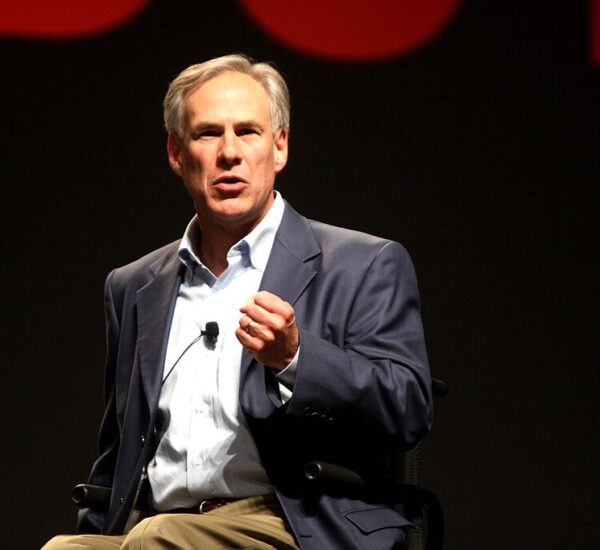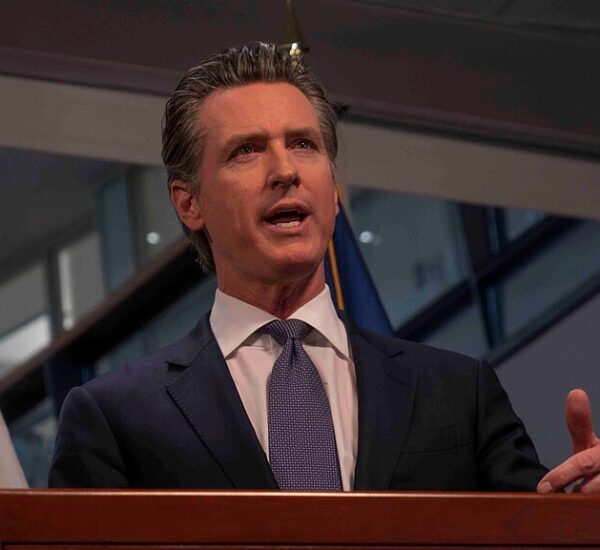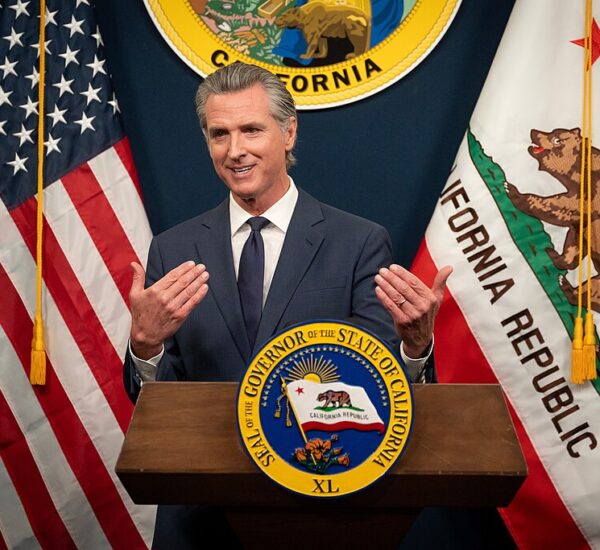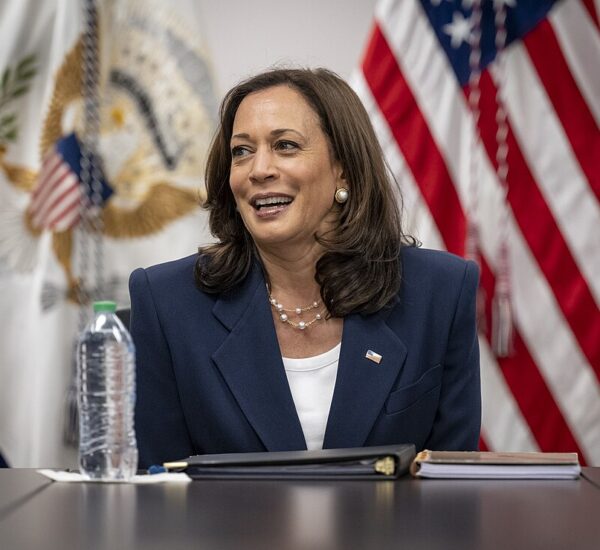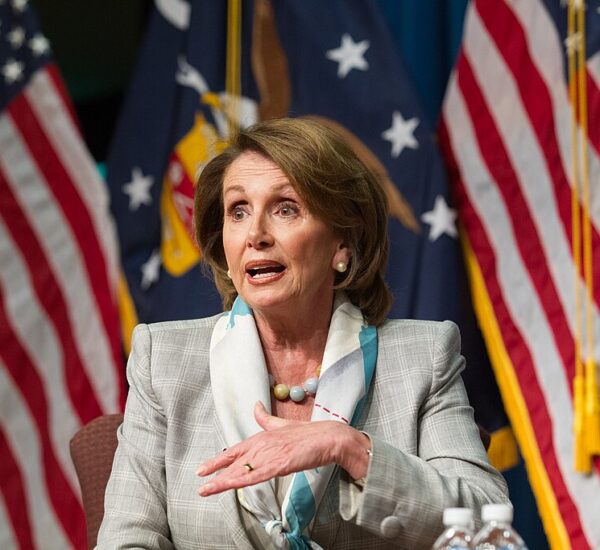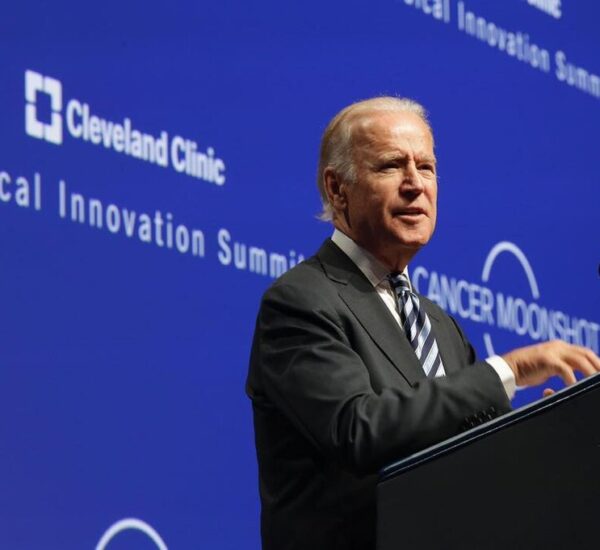Pentagon Enrages Journalists Again
Washington, D.C. — Defense Secretary Pete Hegseth is facing intense backlash after unveiling a controversial new plan that many are calling the most aggressive attack on press freedom in decades.
The policy would strip journalists of their Pentagon press credentials if they publish defense-related information without official approval — even when the information is unclassified.
Critics warn this could silence investigative reporting, hide government corruption, and turn military coverage into little more than state-run propaganda.
New Rules Require Journalists to “Pledge Loyalty” to Pentagon
Hegseth’s 17-page directive, issued Friday, forces all Pentagon-accredited reporters to sign a pledge agreeing not to report unauthorized information.
If they refuse, they lose their access to the Pentagon and its officials.
“This is a dangerous step toward censorship,” warned one longtime journalist. “The public has a right to know how their tax dollars are being spent — especially when it comes to our military.”
Lawmakers Across Party Lines Speak Out
The backlash came swiftly from both Republicans and Democrats.
Rep. Don Bacon (R-Neb.), a retired Air Force general, blasted the policy on X (formerly Twitter):
“We don’t want government-run newspapers parroting the Pentagon’s talking points. A free press is essential to America’s strength. This feels like amateur hour.”
Even Sen. Jack Reed (D-R.I.), a leading Democrat on the Senate Armed Services Committee, condemned Hegseth’s move, calling it:
“An ill-advised attack on free speech and accountability. This isn’t just about silencing criticism — it’s about eliminating oversight and hiding the misuse of taxpayer dollars.”
Major Media Organizations Join the Fight
Top news outlets — including The New York Times, Reuters, The Wall Street Journal, and The Washington Post — are united in opposition.
Reuters released a powerful statement warning that the rules “undermine fundamental First Amendment protections” and “restrict the free flow of information essential to democracy.”
The National Press Club called the move “a direct assault on independent journalism at the very heart of American government.”
Some organizations are even preparing for a legal battle to overturn the policy, with NPR’s editor-in-chief confirming they are “working with other news outlets to push back.”
Hegseth’s Rocky History With the Media
This is not Hegseth’s first clash with journalists. Since taking office earlier this year, the former Fox News host and staunch Trump ally has repeatedly accused the mainstream media of trying to “sabotage President Trump’s defense agenda.”
Here’s what he’s done so far:
- Removed several liberal-leaning outlets from Pentagon press spaces, replacing them with conservative-friendly outlets such as Breitbart News and One America News Network.
- Restricted hallway access, requiring reporters to have escorts in areas where they previously roamed freely.
- Locked down the press briefing room, preventing journalists without dedicated office space from filing stories inside the building.
- Reduced transparency, holding fewer than 10 public briefings since January.
The new directive now goes even further — requiring journalists to be escorted to interviews and meetings and banning them from key areas entirely.
Conservative Viewpoint: A Necessary Correction or Dangerous Overreach?
Many conservatives argue that mainstream outlets have long pushed biased, anti-Trump narratives, and this policy is a necessary step to restore balance.
However, others fear it could set a troubling precedent for future administrations, empowering government officials to hide critical information from the public.
As Hegseth bluntly stated on X:
“The press doesn’t run the Pentagon — the people do.”
Why This Matters Now
With rising global tensions and America facing threats from China, Russia, and radical Islamic terrorism, transparency and accountability are more critical than ever.
If these rules stand, Americans could be left in the dark about how their military operates and how their tax dollars are spent.
This fight is no longer just about journalism — it’s about free speech, government power, and the very future of democracy.
Final Takeaway
This battle between the Pentagon and the press will shape how Americans receive critical national security information for years to come.
If the mainstream media is silenced, who will hold Washington accountable?
Stay informed and spread the word — free speech depends on it.

